CPF Accrued Interest: Why You Should Not Pay For Your HDB With CPF
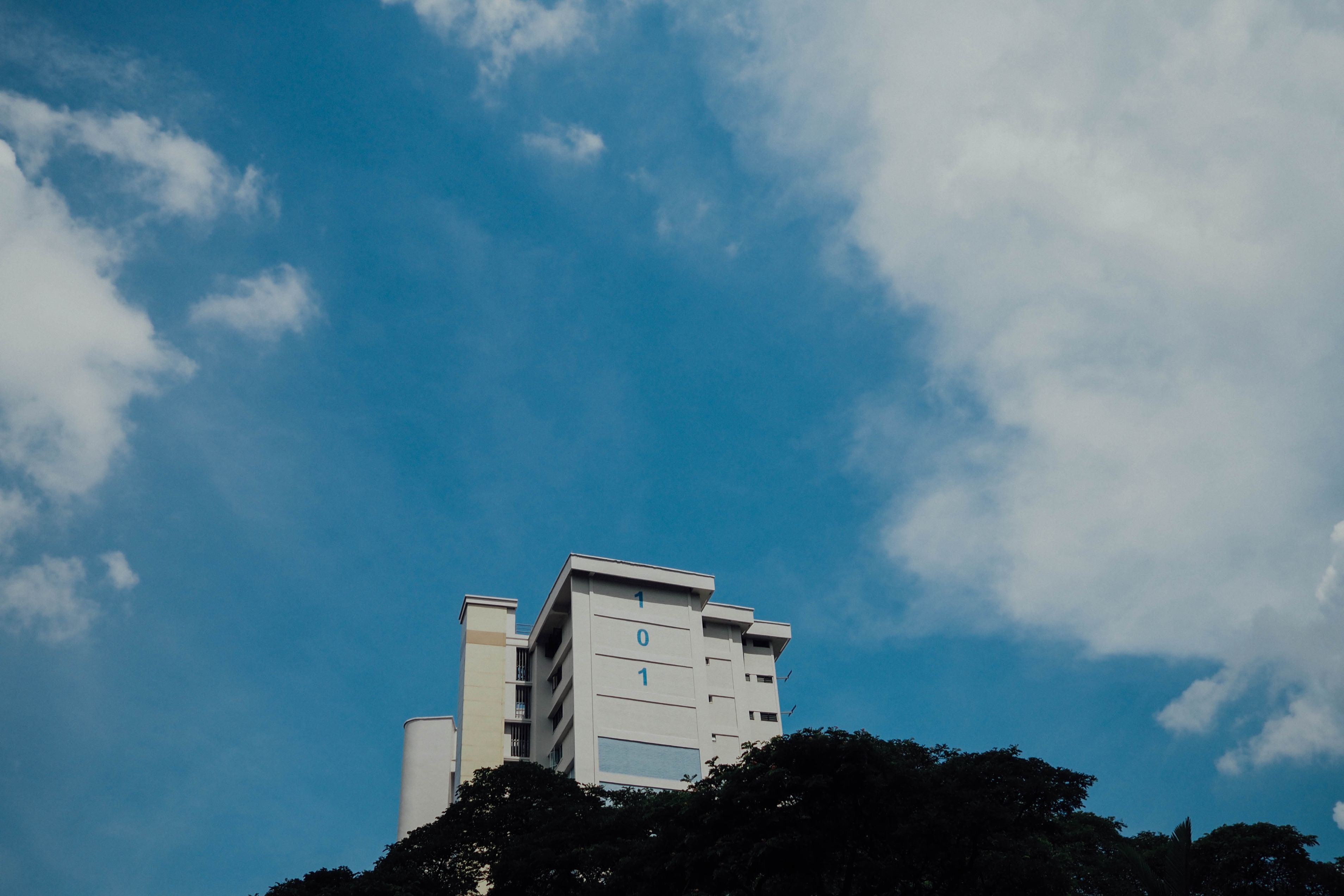
Get The Property Insights Serious Buyers Read First: Join 50,000+ readers who rely on our weekly breakdowns of Singapore’s property market.
Sean has a writing experience of 3 years and is currently with Stacked Homes focused on general property research, helping to pen articles focused on condos. In his free time, he enjoys photography and coffee tasting.
So you’ve reached one of the most important milestones in your life – buying your first home.
Before you get all excited browsing through the various property marketing platforms and going to Pinterest to look for your dream theme, let’s look at the most important step that is often overlooked – financing.
If you are one of the majority, you’re probably planning to apply for a BTO with your partner. That’s what we were told to do anyway; fill up the online HLE (HDB loan eligibility) and VIOLA!
You can then apply for a BTO in a location that you can afford and accept, as simple as ABC right?
No.
Many have heard of “CPF Accrued Interest OA” – but what is this exactly?
From here you can see how you can possibly end up in a dead-end scenario if you have made the wrong financial decision.
No one wants to sell their HDB flat only to find out that they have to return hundreds of thousands of dollars plus accrued interest, and even if you don’t sell, to be faced with low unsustainable CPF monthly payouts.
Let me show you an example.
The latest surveys conducted by Robert Half and Michael Page (international recruitment agencies) indicate that in Singapore, the Median Gross Monthly Income from work, inclusive of CPF contributions of full-time employed residents is at S$4,437.
For ages 35 and below, your CPF contributions will amount to 37% your monthly salary, with 17% contributed by your employer and 20% contributed by yourself.
A large portion of this, 23% of your salary to be specific, goes towards your Ordinary Account (OA), which can also be used for your first home purchase in the future.
For the sake of simple calculations, let’s assume that both you and your partner have been working steadily for the past 5 years.
Assuming that 23% of $4,437 goes towards your OA, that would mean that every year you would have $12,246.12 in your OA. Given OA interest of 2.5% at the end of 5 years, you would’ve saved a grand total of, $64,369.63.
With that, both of you would have a total of $128,739.26.
So let’s say in this hypothetical scenario you were both eyeing a BTO unit in Queenstown.
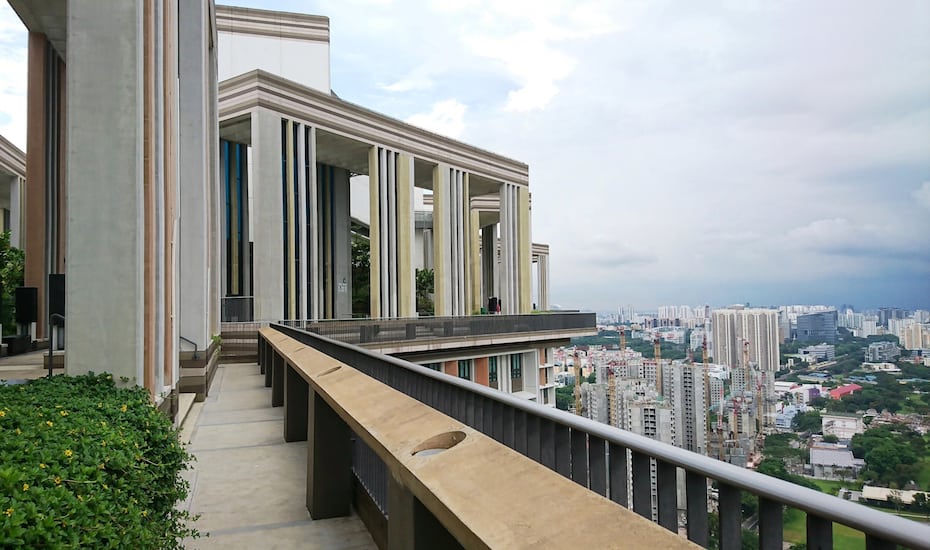
The BTO launch price for a 4-room flat (83sqm) on the 12th floor will cost you $520,000.
So again, here are some simple calculations:
HDB Price – $520,000
Option Fee 5% – $26,000
Stamp Duty – $10,200
Legal Fees – $1,000
Home Insurance – $1,000
Total – $38,200
So before getting the house, you’ve exhausted $38,200 from your OA – still in the safe zone.
That leaves you with a balance OA of $90,500.
So far so good?
Now, HDB will loan you what’s left after fully utilising your OA meaning that $520,000 – $26,000 (the other 5% to make up the 10% downpayment) – $90,500 = $403,500 which means a monthly payment of $1,810, which you can support with a $6,800 monthly household income.
Let’s assume your mortgage starts on the day you start living in your house, and that you plan to live in your BTO for 8 years. This is what’s gonna happen – I’m gonna ignore the 38.2k that you’ve paid for 3 years before you collected the keys.
Amount missing from OA – $128,000/2 = $64,000
Monthly payment to house $1,810/2 = $905
Monthly OA input from employer = $1,000
Fast forward 8 years later – you would’ve used $172,327.84 from each of your accounts making it a grand total of $344,655.
Now it’s time to sell your house. Last transacted #12 in Strathmore based on recent transactions would be around $700,000 rounded up for good measure.
Well done! It’s a good fat $180,000 more than what you bought your house for.
Happy days?
Not quite.
With your balance loan of $257,000
$700,000 – $257,000 – $14,000(agency fee) – $5,000(legal fees) = $424,000
Take that away from $345,000 (cpf accrued interest from OA) and you will arrive at $79,000.
So congratulations, you would have made $79,000 (+$345,000) over 8 years (not including the time you spent waiting since selecting your BTO)
Is that a good ROI for you at the end of the day?
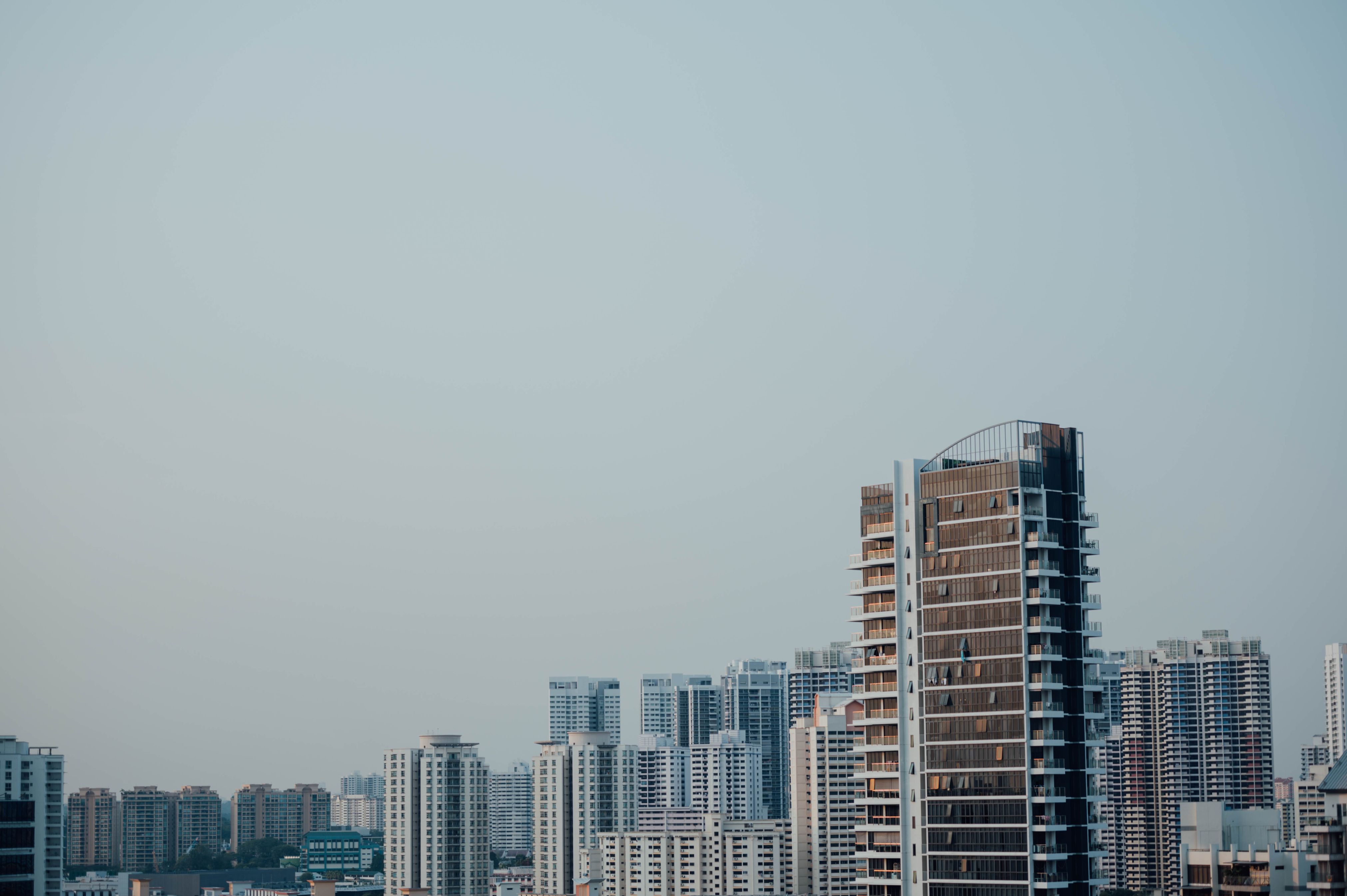
Property Market CommentaryYear-End Review: Top 10 Most Expensive/Cheapest Property in Singapore 2019
by Druce TeoNow let us look at another scenario, or rather, the right way to do it.
Let us use the same figures for a fair comparison, and the only thing that will change here is that the housing loan is paid in cash.
So because the housing loan is paid in cash, CPF OA at the end of 8 years will show an owing of $78,000 (total of $13,000 CPF accrued interest from principle sum)
Instead, you saved the $1,000 a month in your OA which will result in a positive interest of $94,000.
Now comes the time to sell your house.
Here’s the kicker.
Are you ready for it?
$424,000 – $78,000 – $78,000 = $268,000 CASH
$78,000 will have to go back to your OA + a positive of $95,000 = $173,000
Total $346,000 in your OA and $268,000 in CASH
That brings you to a grand total of $614,000…
Now, who’s in a better position to upgrade to that swanky new 2m condo opposite their BTO that requires a 500k downpayment?
So unless you are some sort of investment guru that can grow a pile of cash at a higher rate than what you would gain from the interest in your CPF OA account, it really does not make much sense to use your CPF to pay for the mortgage.
And I think this basically applies to most Singaporeans.
The CPF accrued interest that you will have to repay to your CPF OA account can be quite big, especially because it is compounded over many years.
Perhaps this might not apply to those whose flat prices have appreciated, but HDB flats tend not to appreciate over a long period of time.
The simple truth is that the Government knows that with 80% of the population living in HDB flats, they will always have this pressing need to keep public housing prices in check.
Hence, this will really only be an exception to the rule.
If you need help with calculating your sale proceeds, HDB has a useful calculator here.
Need further guidance? Feel free to contact us at hello@stackedhomes.com
*Disclaimer: Existing money in the OA was not accounted for which would have incurred a positive interest of $12,109.3 at the end of 8 years based on a balance of $115.51 a month after paying the monthly loan.
Sean
Sean has a writing experience of 3 years and is currently with Stacked Homes focused on general property research, helping to pen articles focused on condos. In his free time, he enjoys photography and coffee tasting.Read next from Property Advice
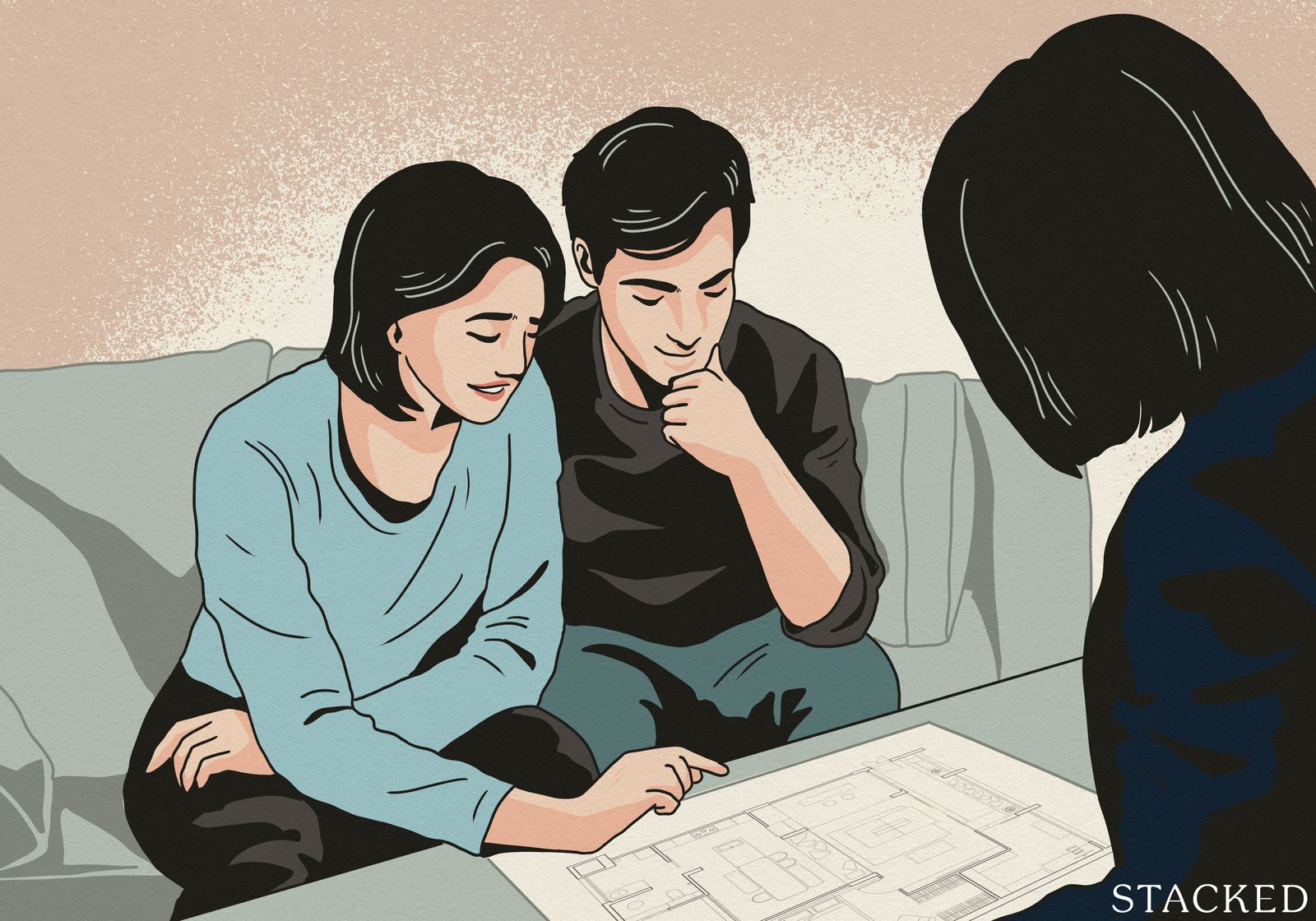
Property Advice We Ranked The Most Important Things To Consider Before Buying A Property In Singapore: This One Came Top
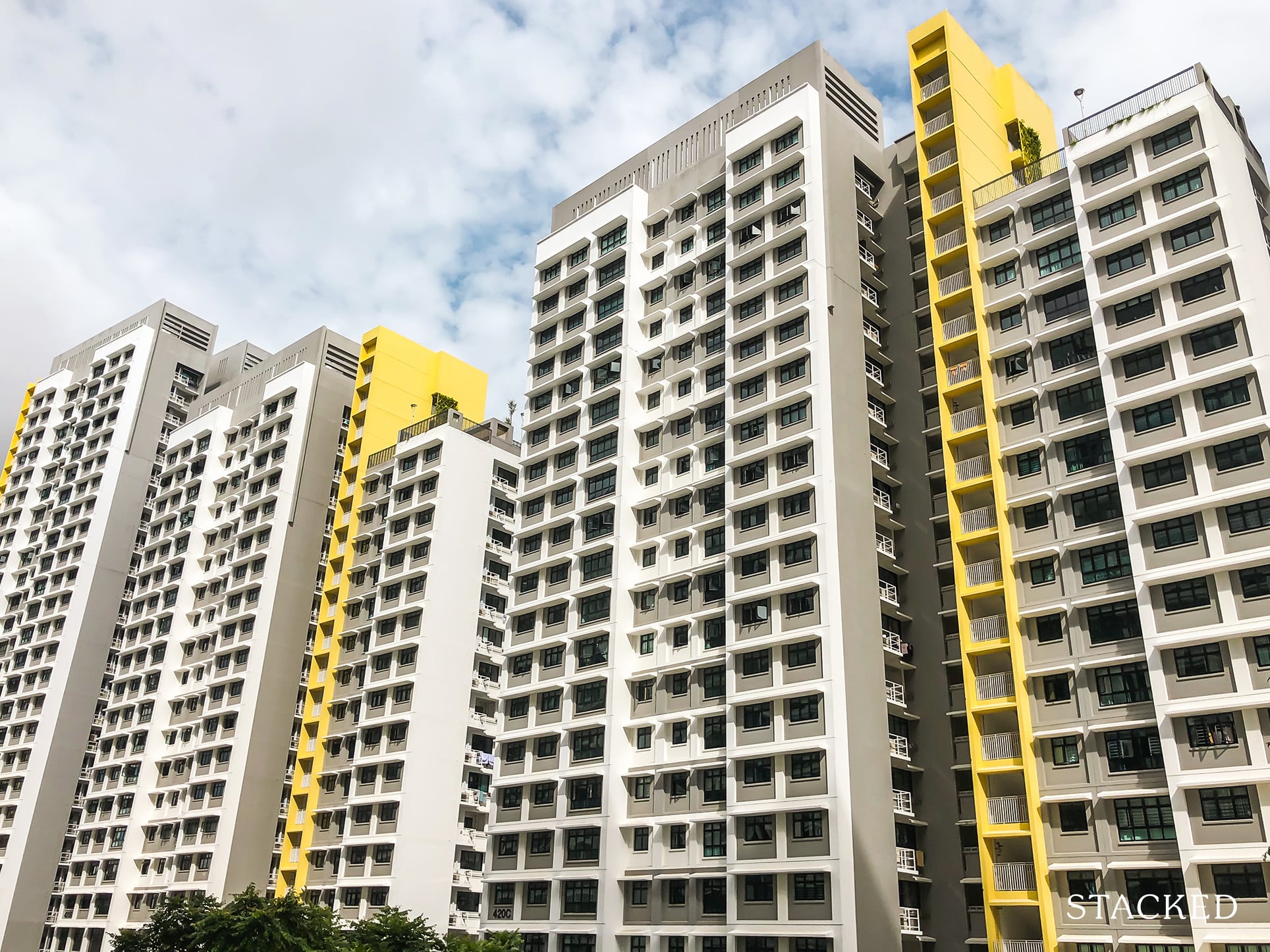
Property Advice Why Punggol Northshore Could Be The Next Hotspot In The HDB Resale Market
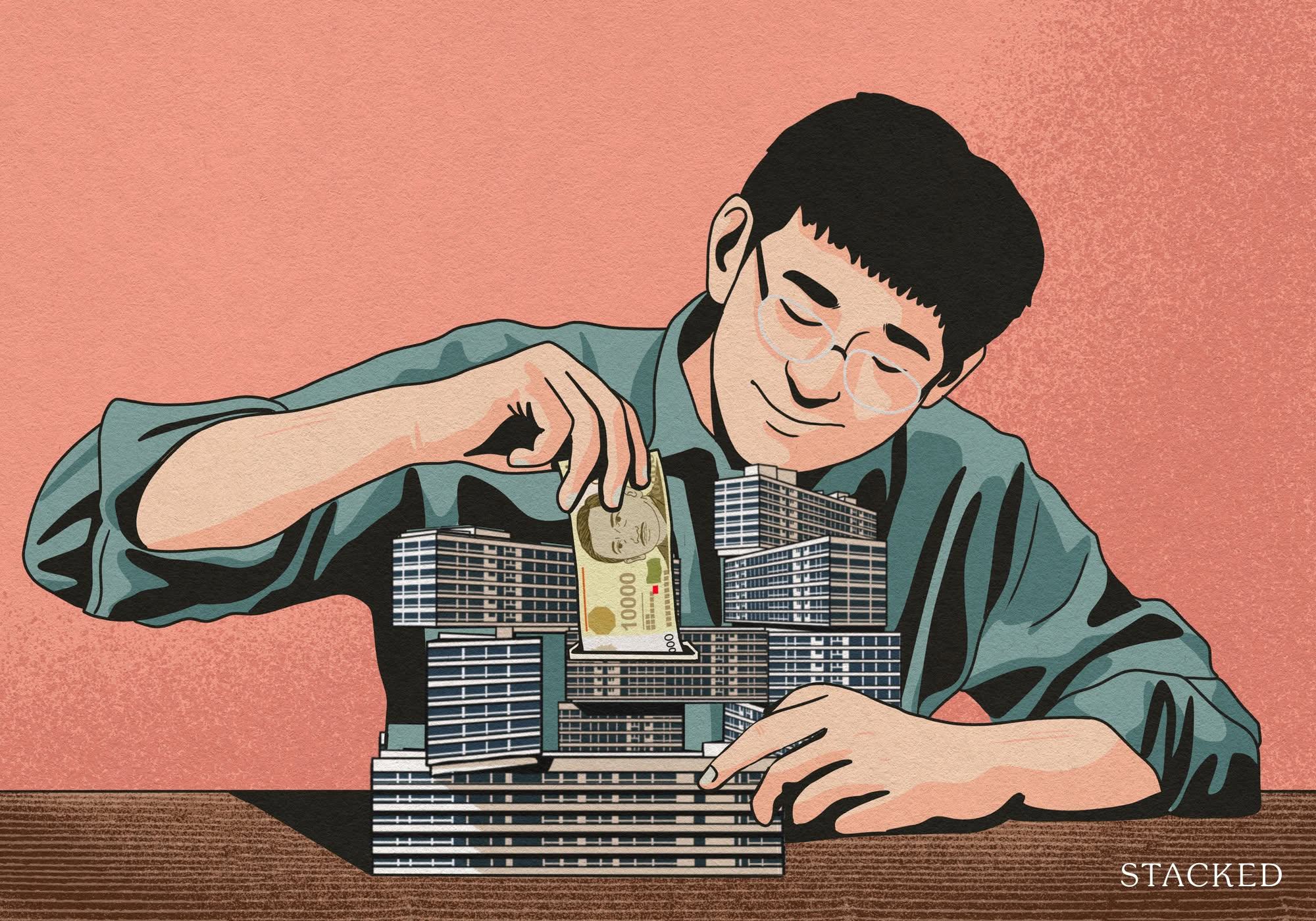
Property Advice How Much Is Your Home Really Worth? How Property Valuations Work in Singapore
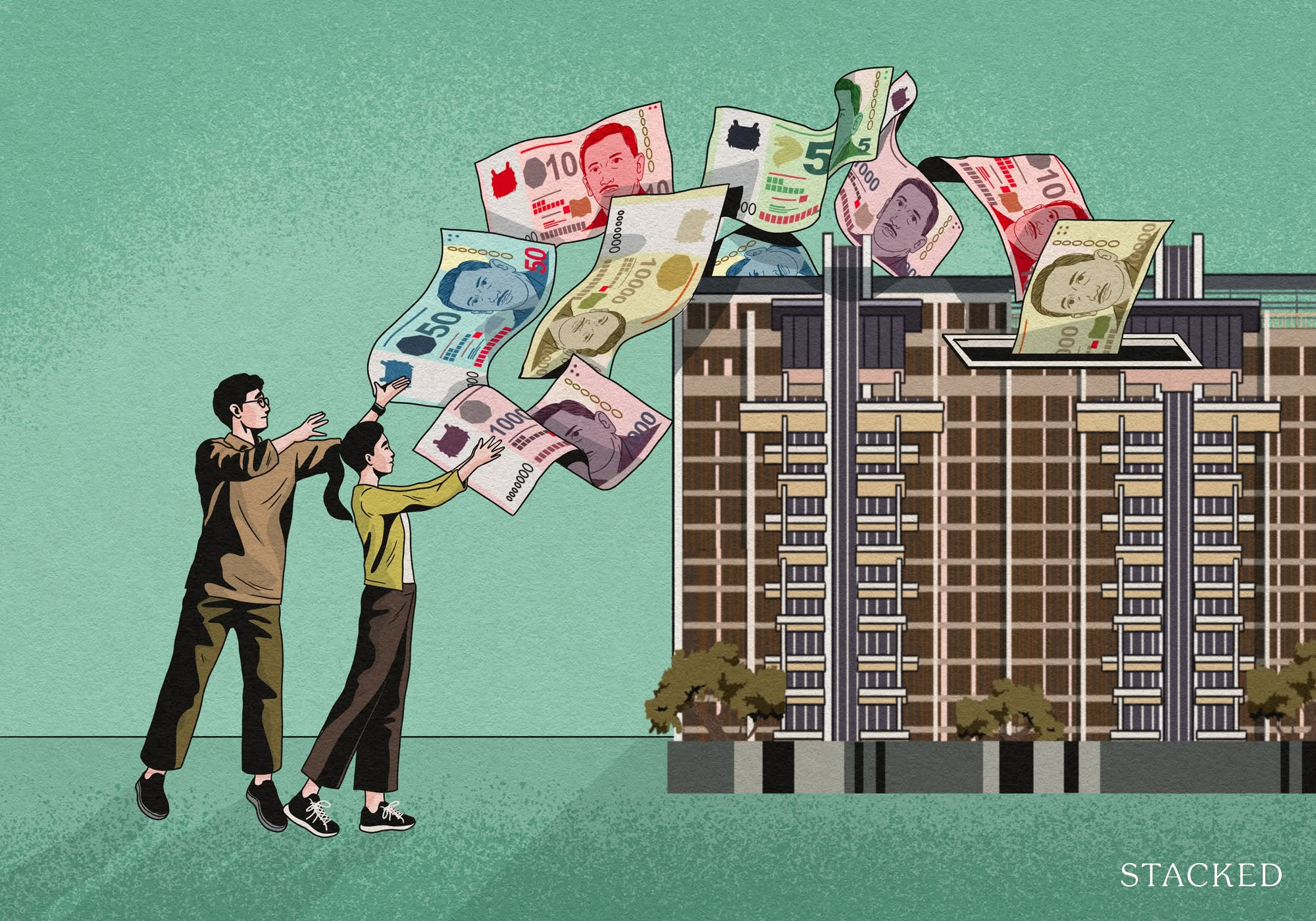
Property Advice Why I Had Second Thoughts After Buying My Dream Home In Singapore
Latest Posts
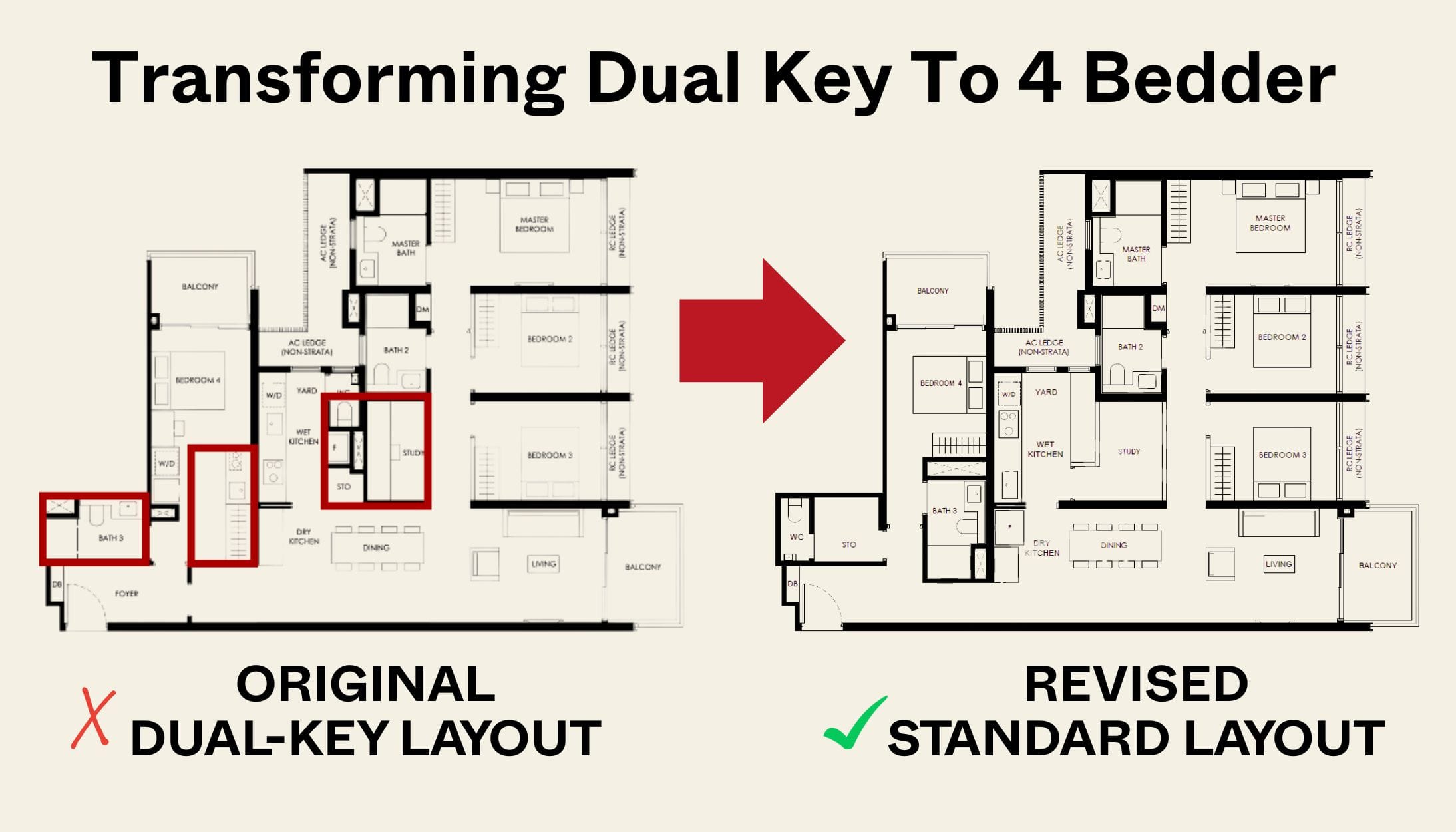
New Launch Condo Reviews Transforming A Dual-Key Into A Family-Friendly 4-Bedder: We Revisit Nava Grove’s New Layout

On The Market 5 Cheapest HDB Flats Near MRT Stations Under $500,000
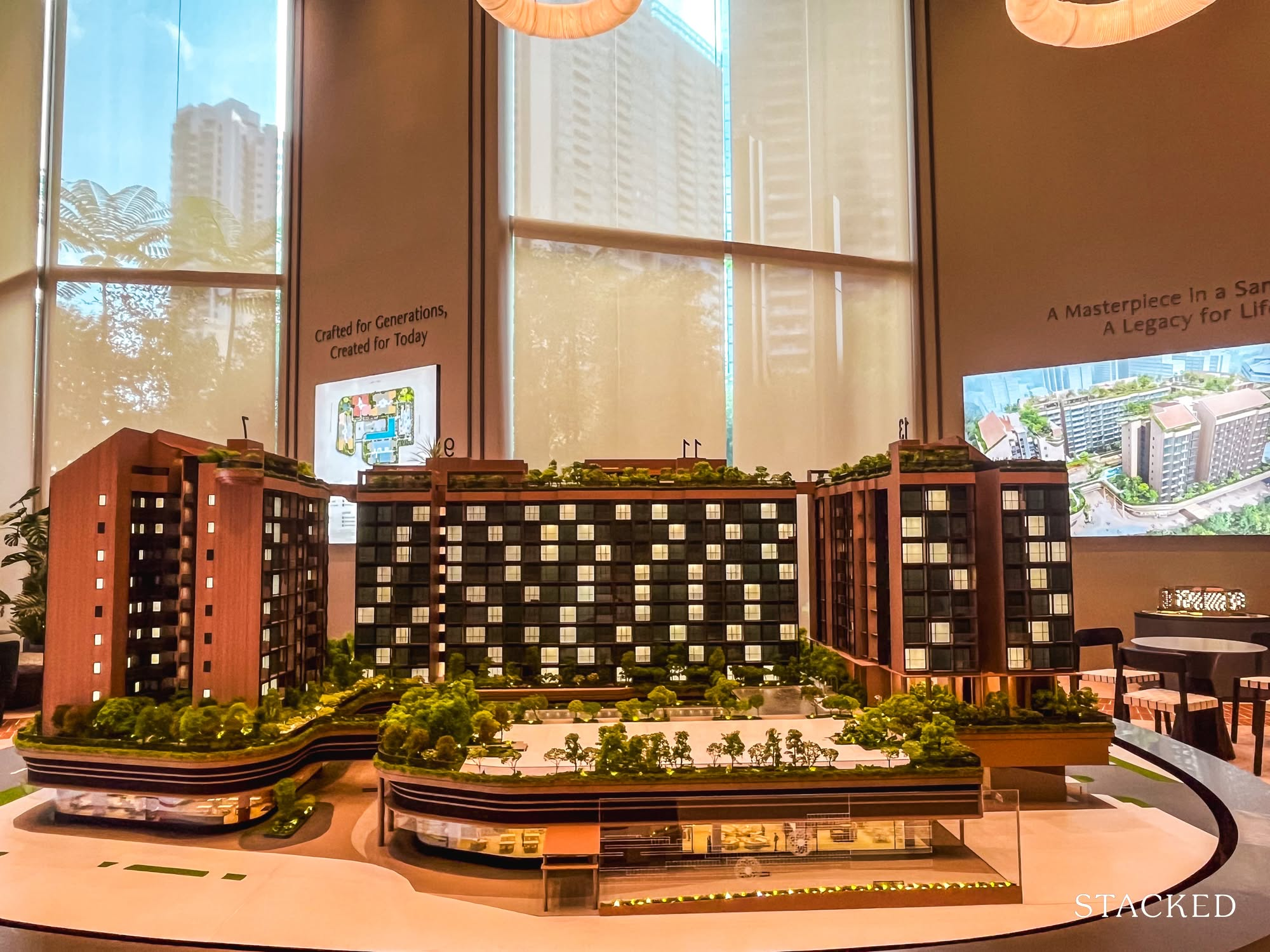
New Launch Condo Reviews The Robertson Opus Review: A Rare 999-Year New Launch Condo Priced From $1.37m
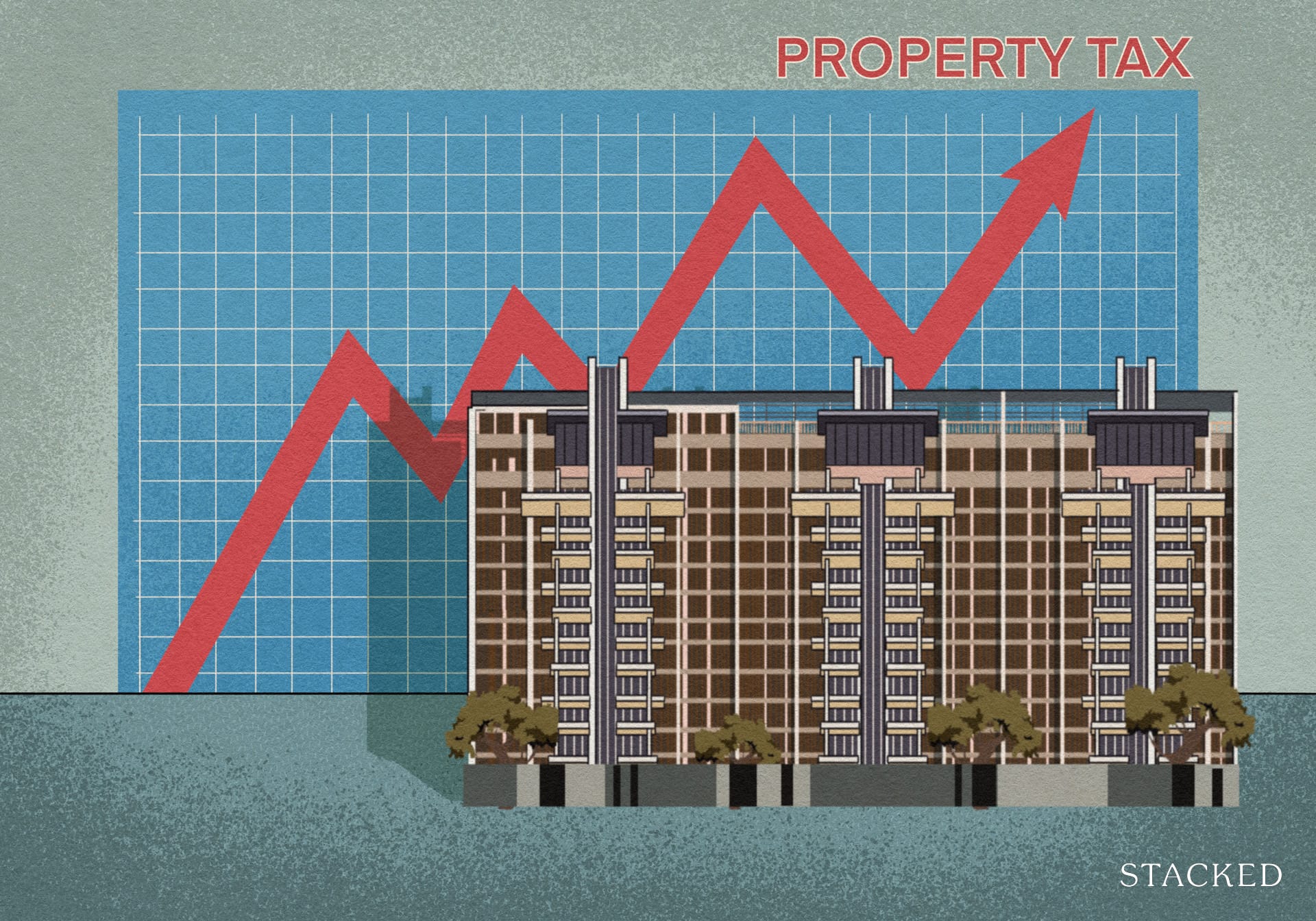
Singapore Property News Higher 2025 Seller’s Stamp Duty Rates Just Dropped: Should Buyers And Sellers Be Worried?
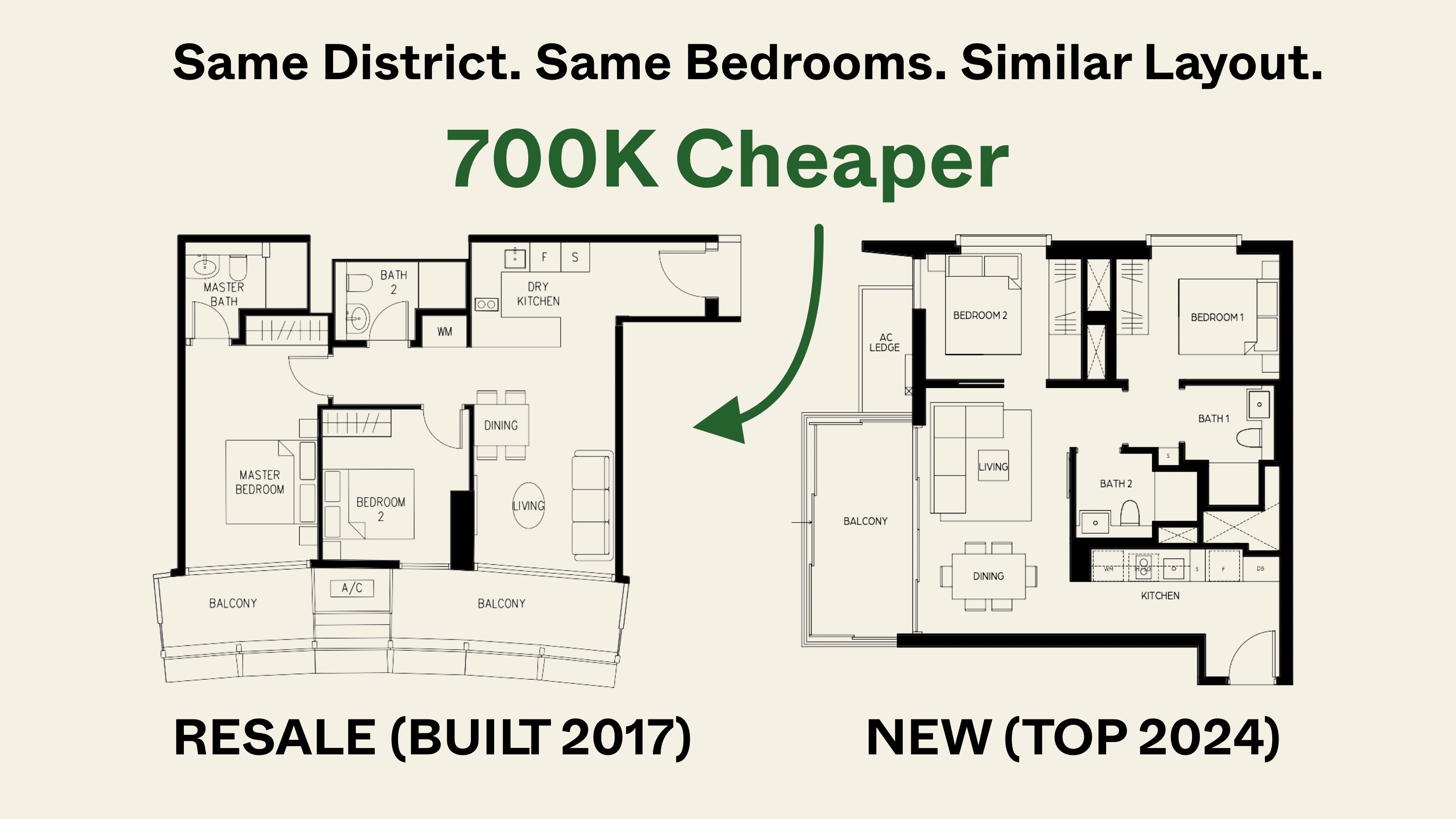
Pro Same Location, But Over $700k Cheaper: We Compare New Launch Vs Resale Condos In District 7
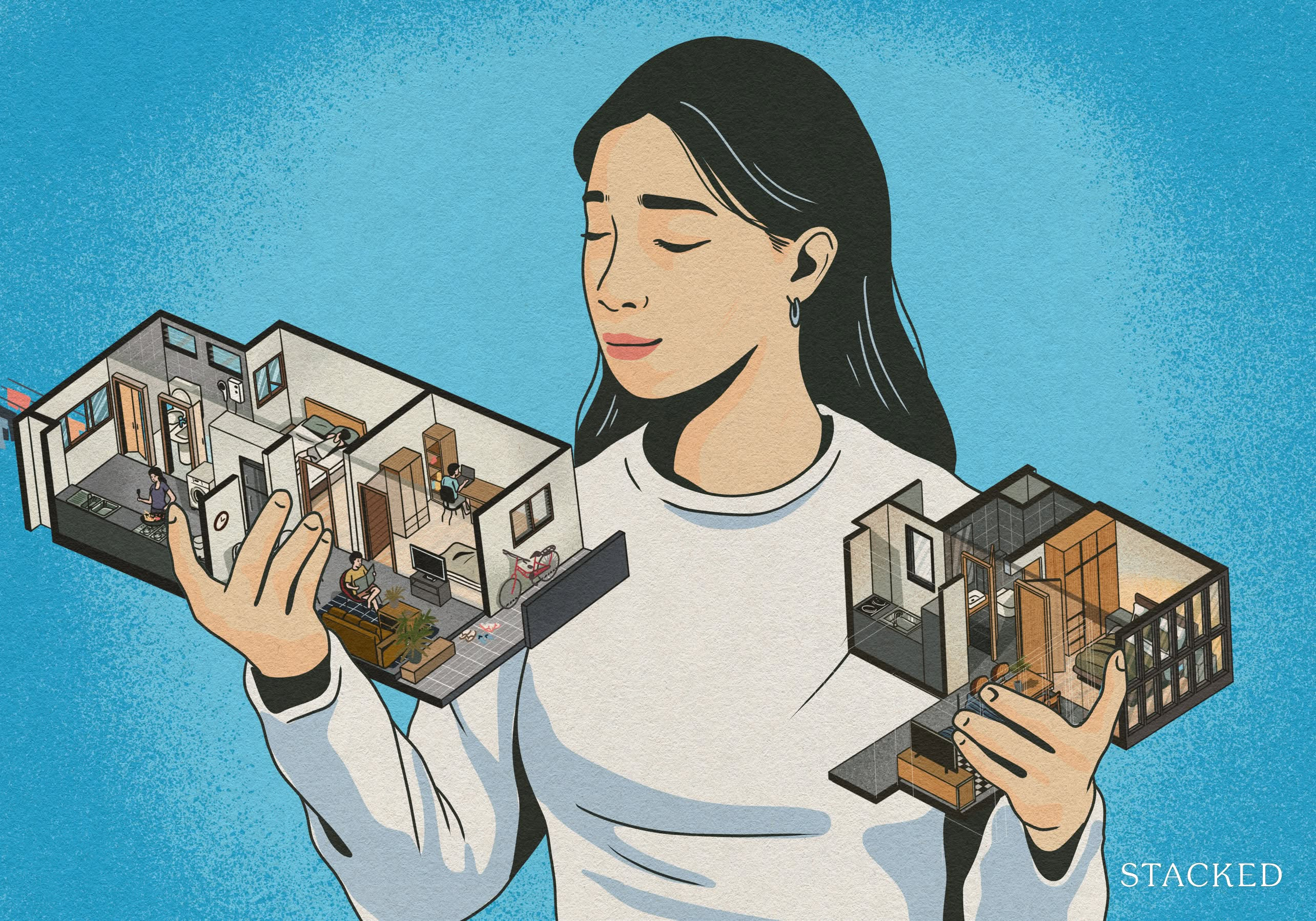
Property Trends Why Upgrading From An HDB Is Harder (And Riskier) Than It Was Since Covid
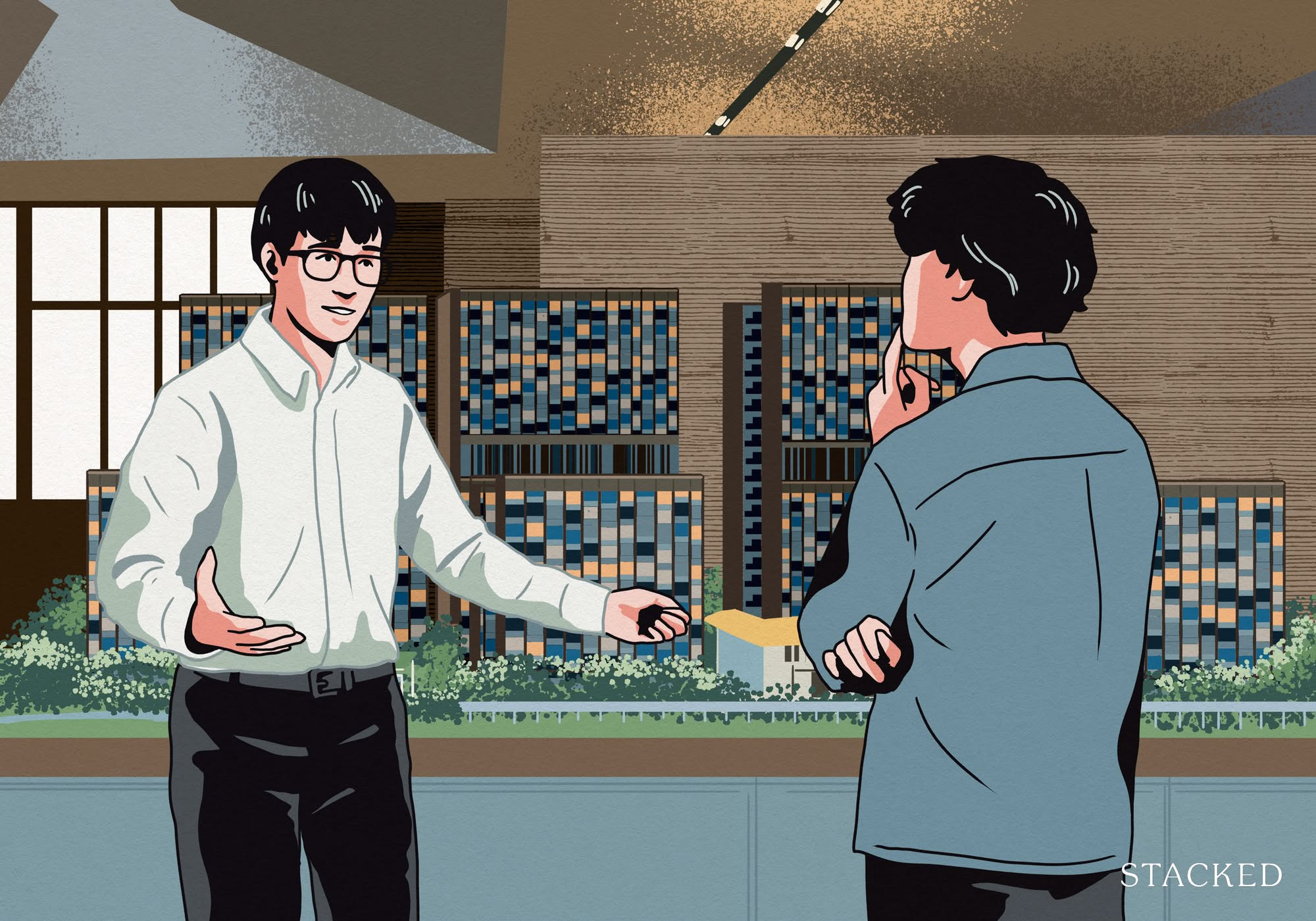
Property Market Commentary A First-Time Condo Buyer’s Guide To Evaluating Property Developers In Singapore
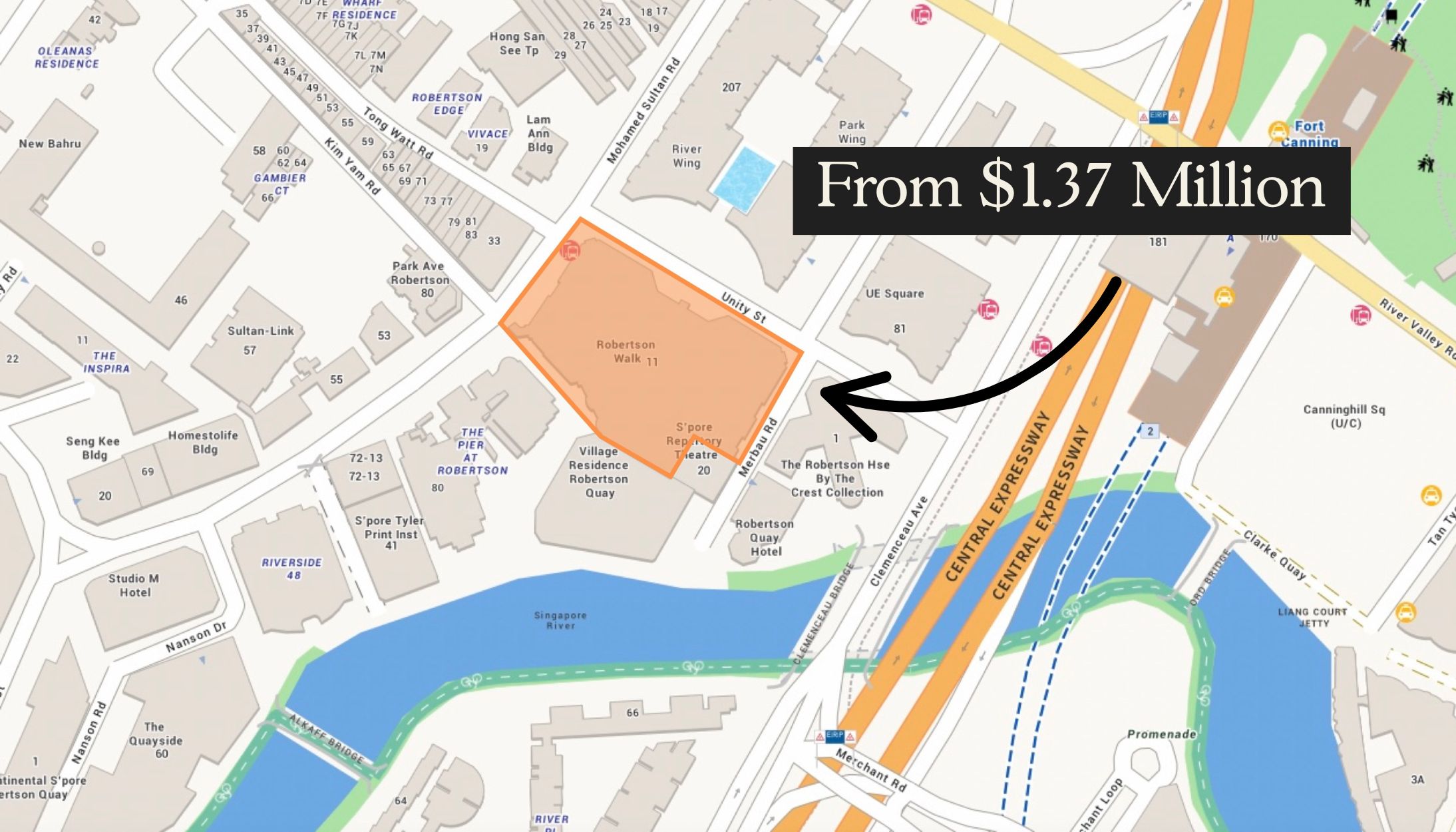
New Launch Condo Analysis This Rare 999-Year New Launch Condo Is The Redevelopment Of Robertson Walk. Is Robertson Opus Worth A Look?
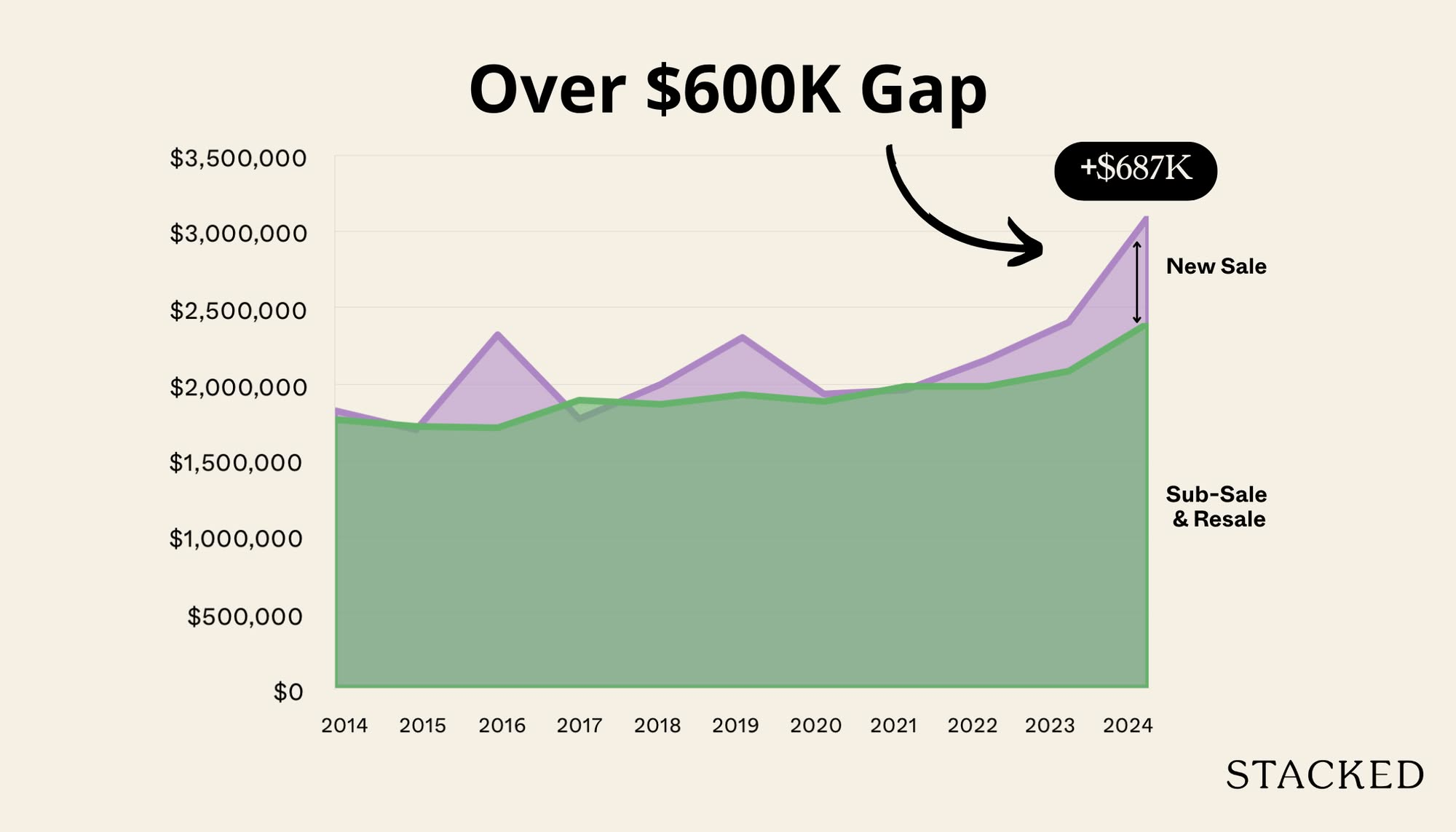
Pro We Compared New Vs Resale Condo Prices In District 10—Here’s Why New 2-Bedders Now Cost Over $600K More
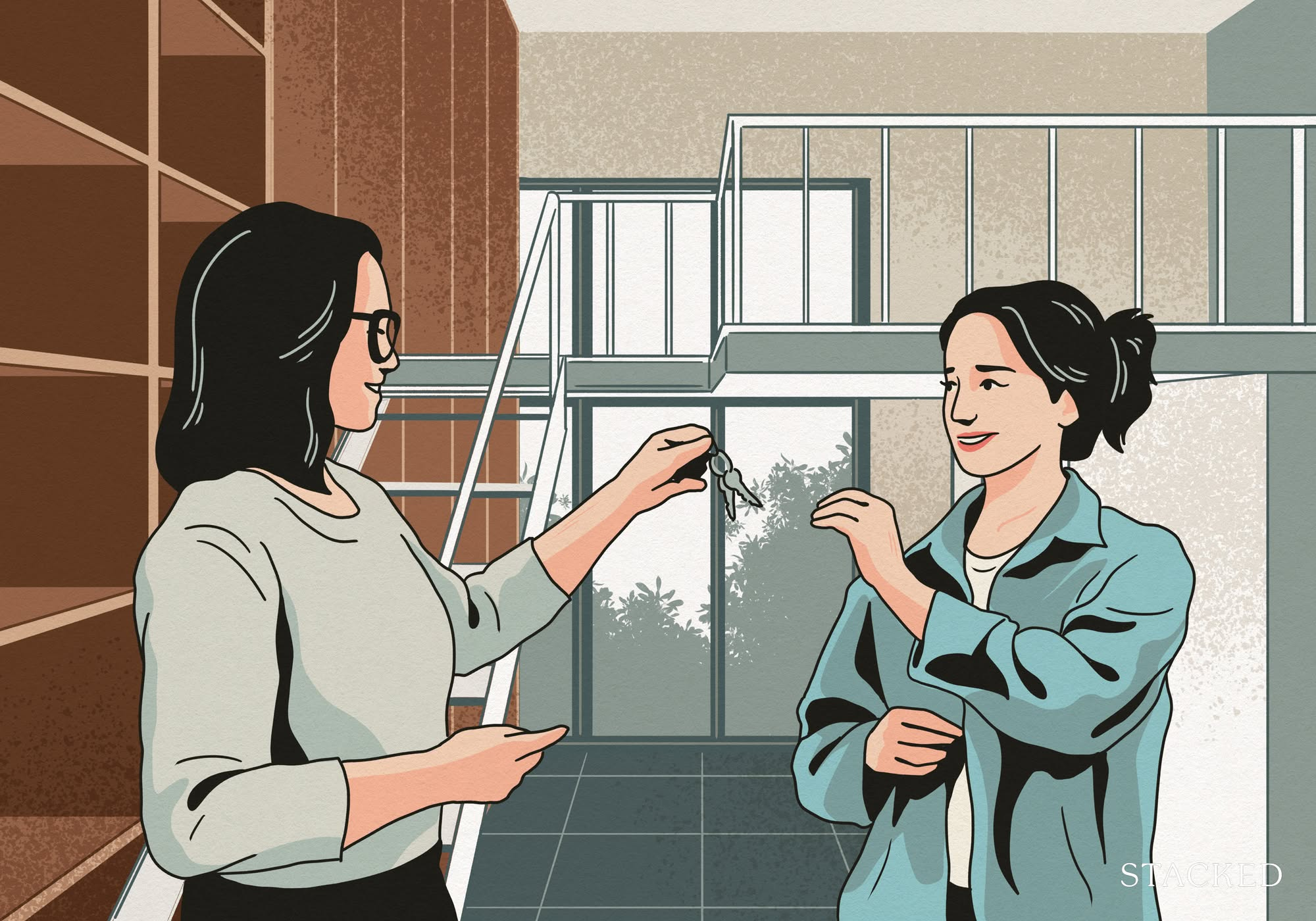
Singapore Property News They Paid Rent On Time—And Still Got Evicted. Here’s The Messy Truth About Subletting In Singapore.
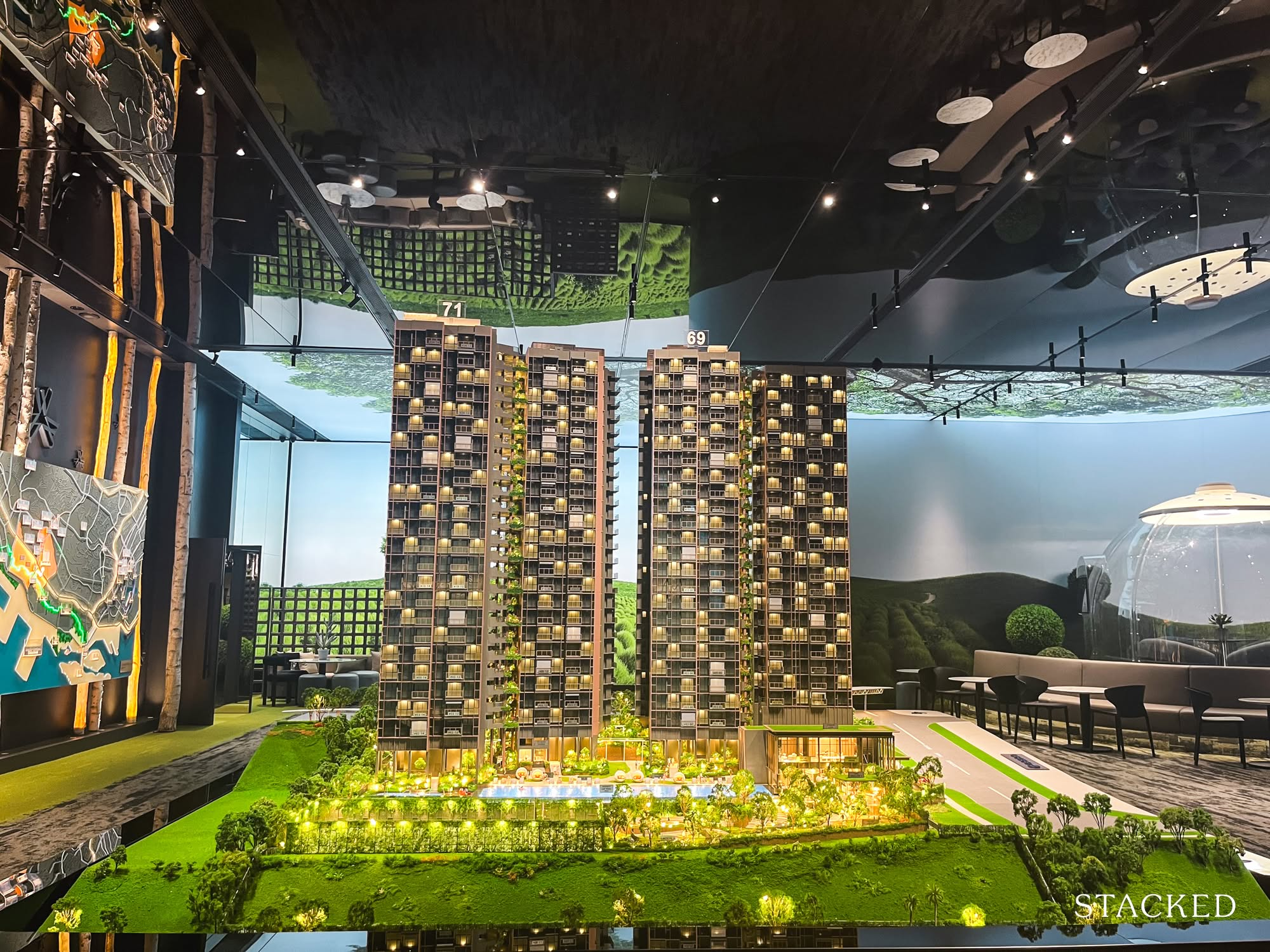
New Launch Condo Reviews LyndenWoods Condo Review: 343 Units, 3 Pools, And A Pickleball Court From $1.39m
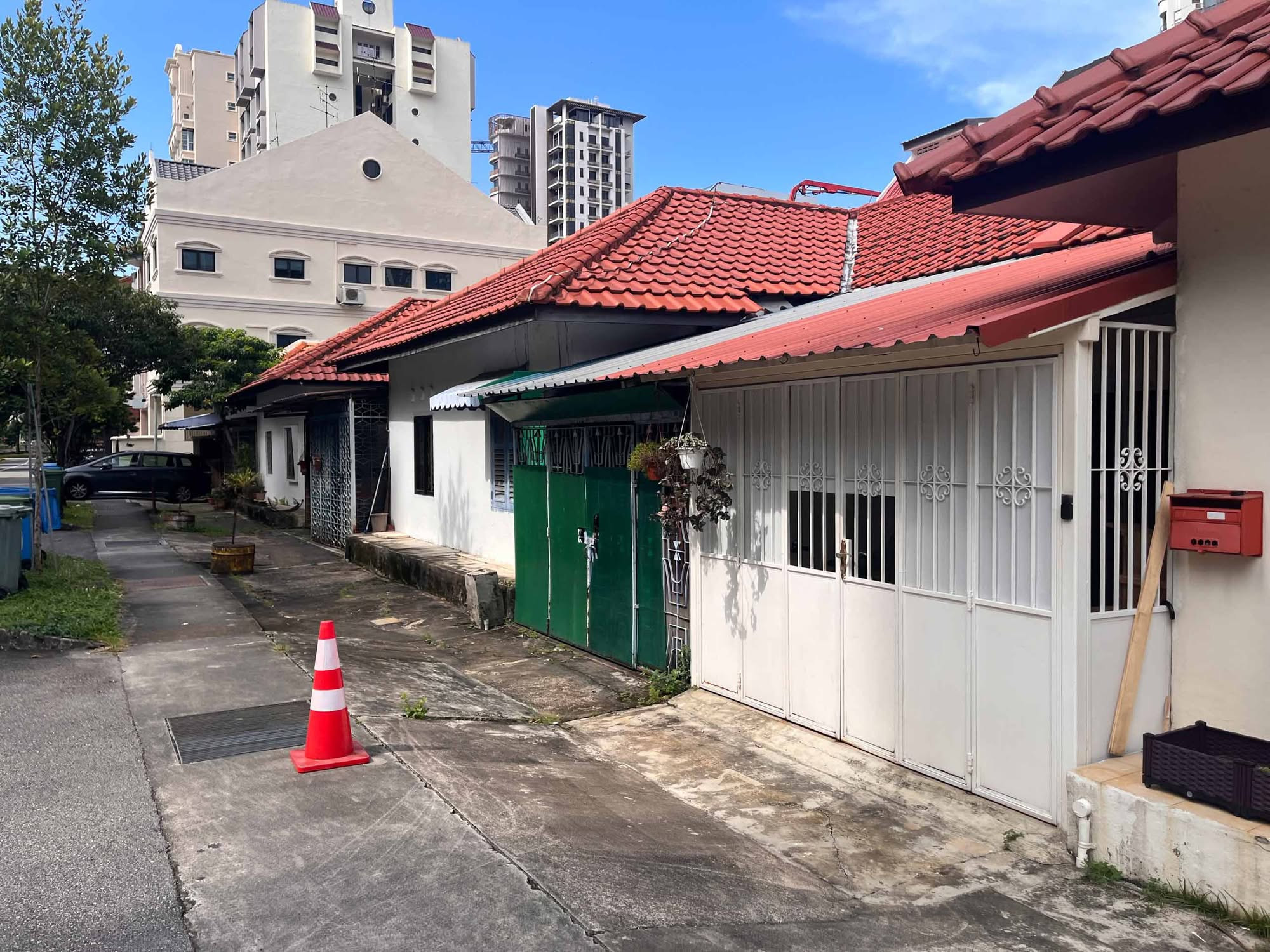
Landed Home Tours We Tour Affordable Freehold Landed Homes In Balestier From $3.4m (From Jalan Ampas To Boon Teck Road)
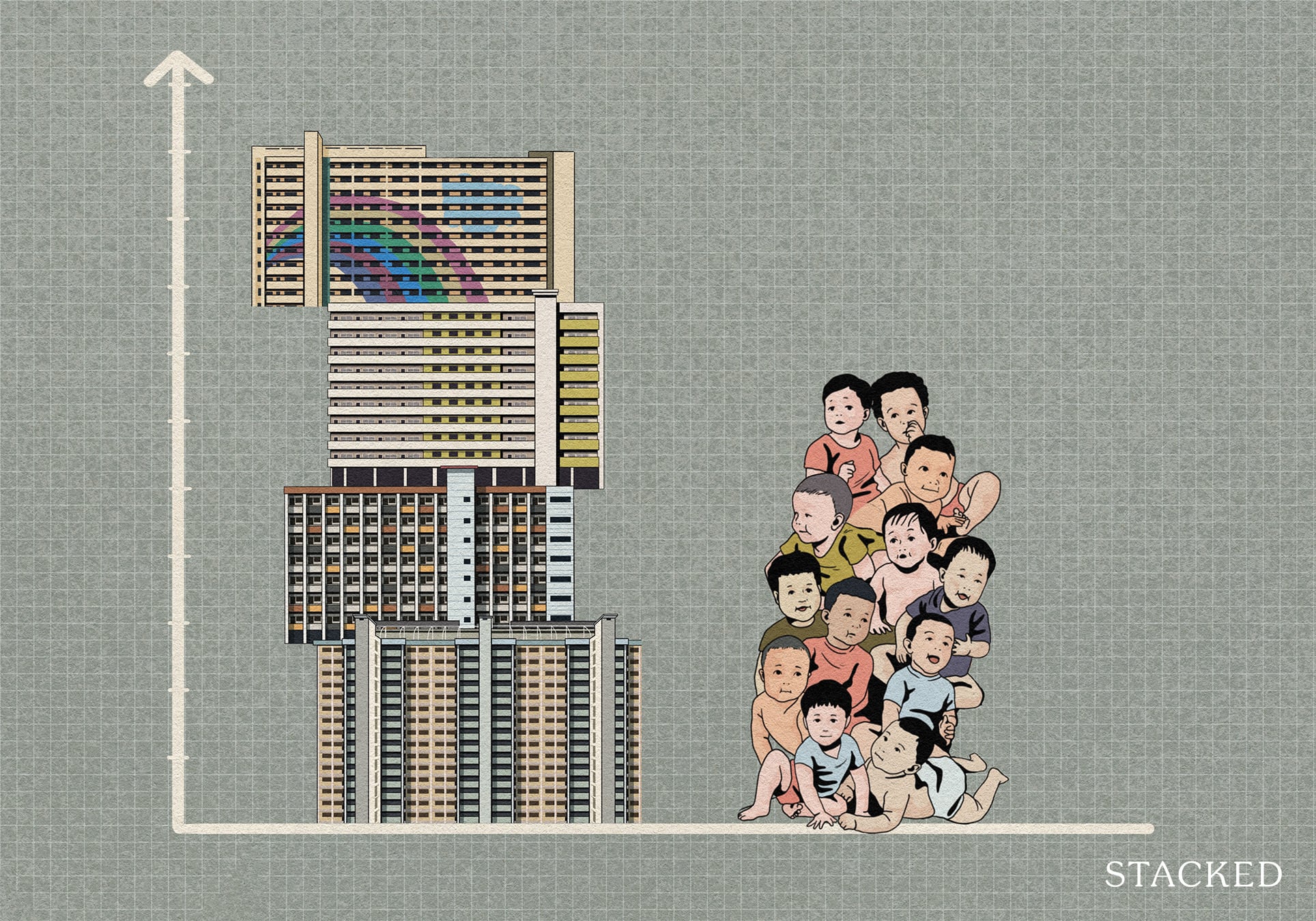
Singapore Property News Is Our Housing Policy Secretly Singapore’s Most Effective Birth Control?
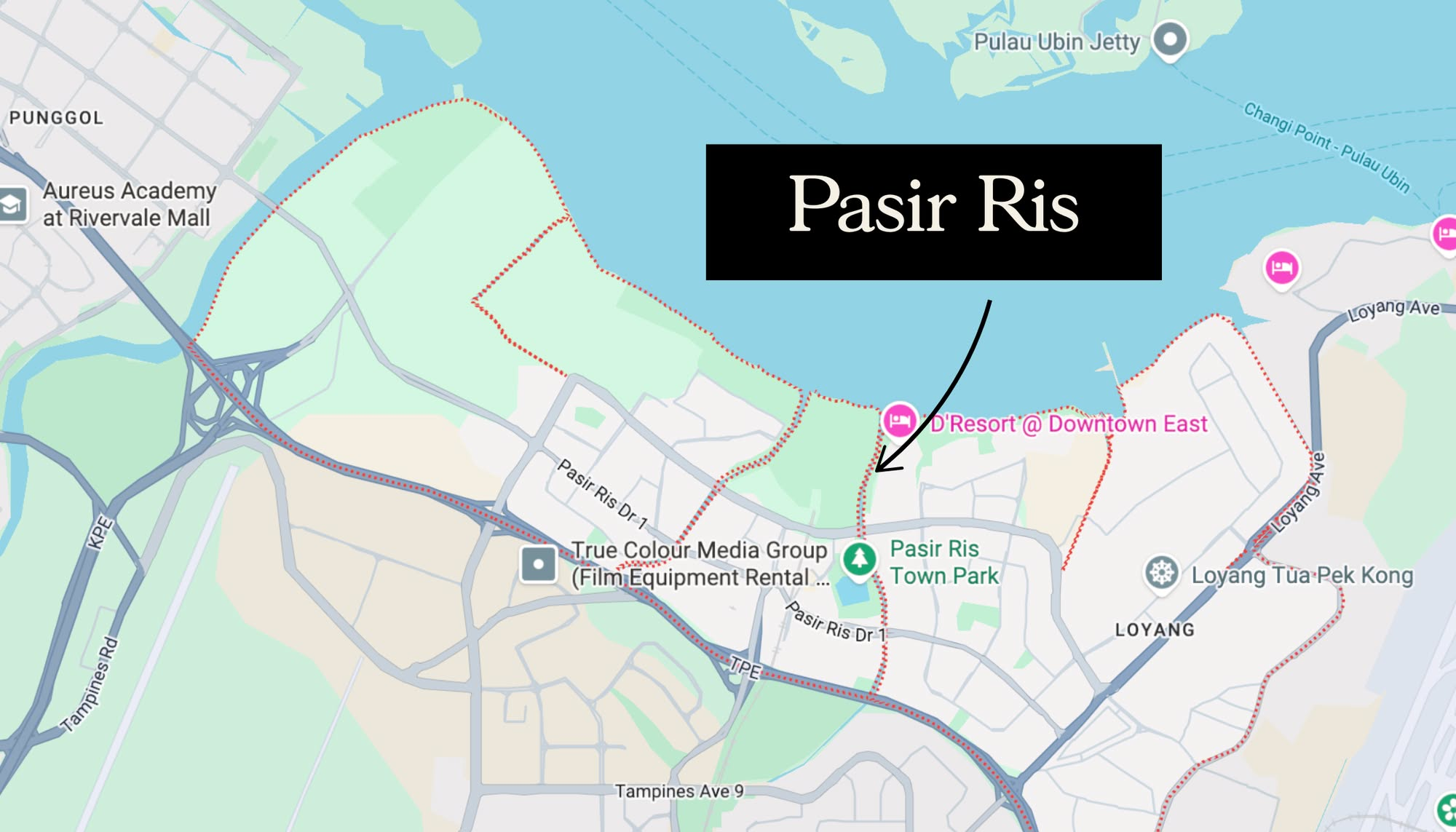
Property Market Commentary Why More Young Families Are Moving to Pasir Ris (Hint: It’s Not Just About the New EC)
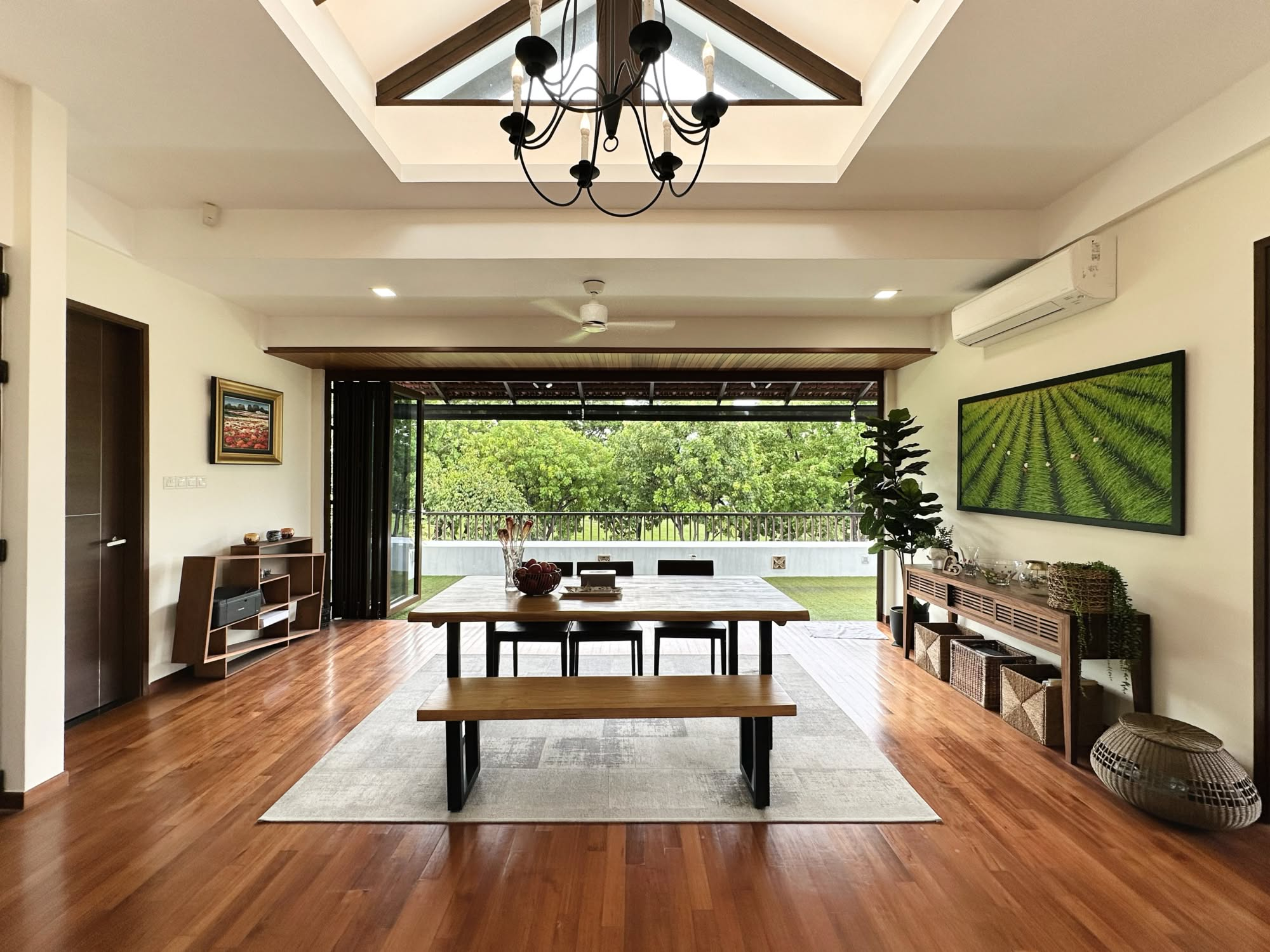
On The Market A 10,000 Sq Ft Freehold Landed Home In The East Is On The Market For $10.8M: Here’s A Closer Look
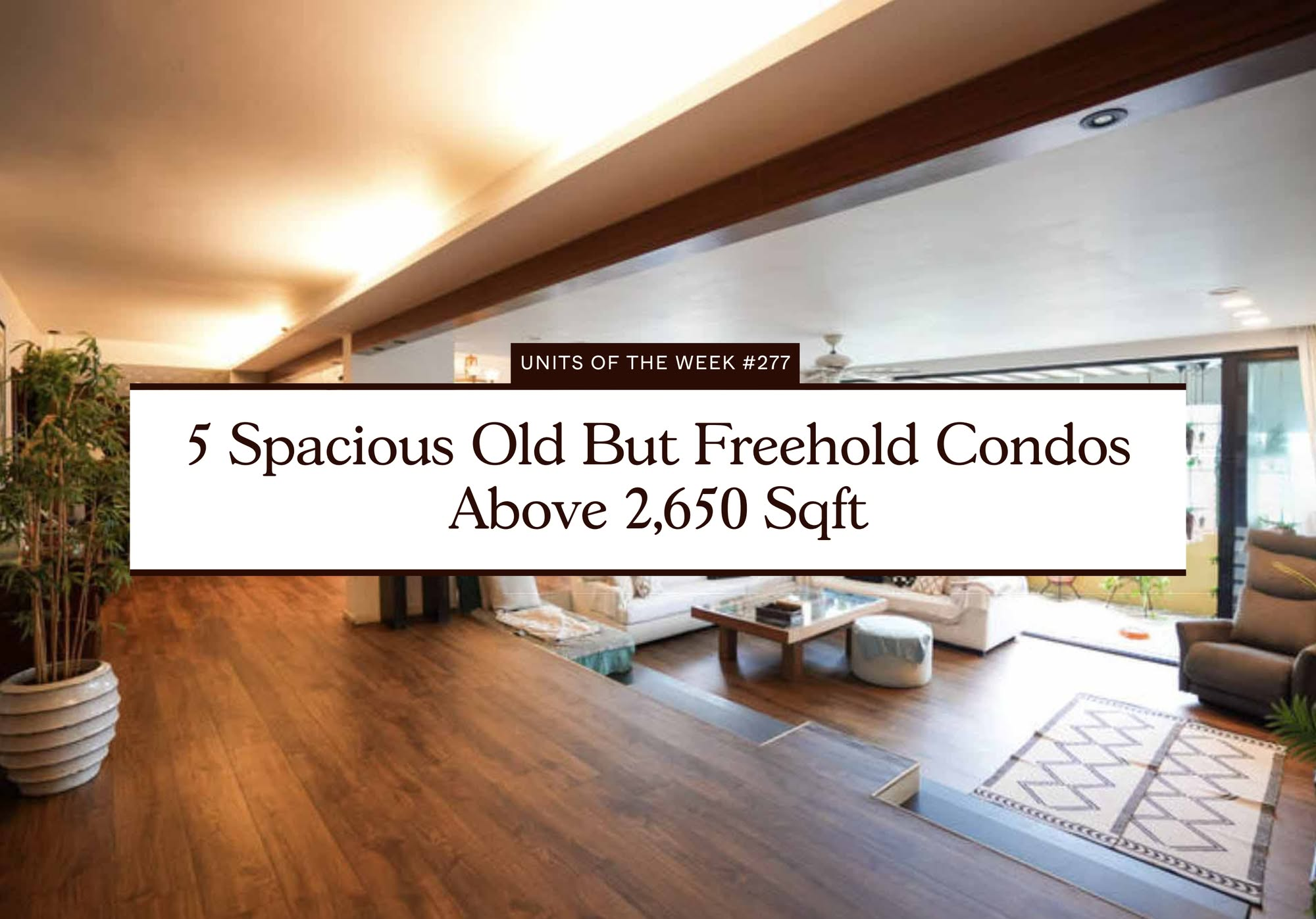


What if I choose to invest my other savings into higher-yielding instruments like stocks? Wouldn’t it be better to pay with CPF then since I get to invest what woudl’ve been the mortgage payment into better earnings over the years?
So… how do you see this happening for a couple that doesn’t have a $130k inheritance 5years into their careers?
I mean, seriously man. Just stumbled onto this website but I guess you guys aren’t exactly writing for the average Singapore much since the bulk of your articles focus on 1million dollar properties. And dayum, who knew that on a dual median income we can go from zero to buying a 2million dollar condo in 13years flat.
No but seriously, sans inheritance, how?